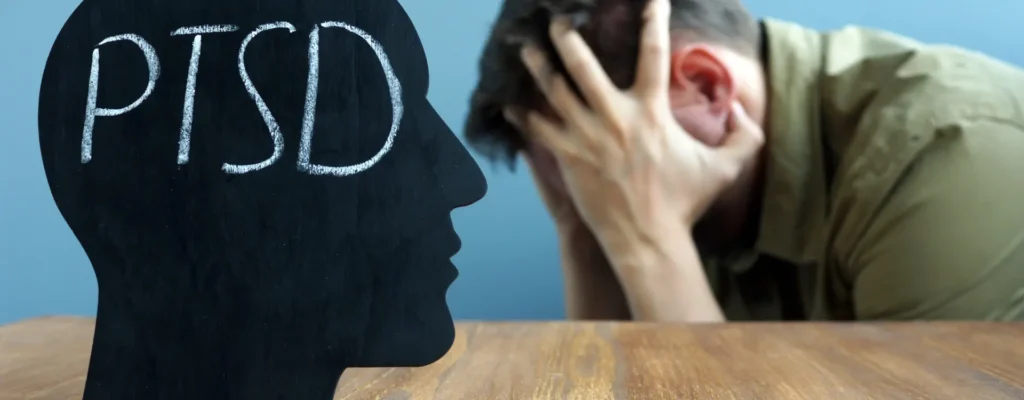We hope this never happens to you but when you’re in a serious car accident, you’ll experience shock to some extent. But it’s very important to be mindful of the steps you take in those few minutes to help your case. Here are a few things to know NOW so you’ll remember when you’re experiencing shock.
Do you need compassionate support and effective representation?
No fees unless we win. Available 24/7.
Symptoms of Shock After Car Accident
Shock after an auto accident can be triggered by both physical and emotional trauma. The body can go into shock as an automatic response to the traumatic event, obstructing regular blood flow or causing cardiovascular issues, often referred to as obstructive and cardiogenic shock respectively.
Common physical signs and symptoms of shock after a crash include cool, clammy, ashen, or pale skin, rapid pulse, difficulty or rapid breathing, and nausea. More severe physical shocks, like hypovolemic shock leading to massive blood loss, can be life-threatening and debilitating.
Emotionally, even minor accidents can potentially trigger prolonged distress or a general feeling of unease. Post-accident shock can also manifest as nausea, vomiting, confusion and disorientation, fainting, difficulty breathing, and irregular heartbeat rhythm.
There’s also a phenomenon known as delayed shock or delayed onset PTSD (Post-Traumatic Stress Disorder), where shock occurs long after the traumatic event. These delayed shock symptoms can include dizziness, nausea and vomiting, chest pain, irregular heartbeat, high anxiety, agitation, confusion, or disorientation.
This is why it is critical to seek medical attention immediately after an auto accident, even if you feel fine initially, as these symptoms can be delayed.
Delayed Shock Symptoms Explained
Delayed shock, also known as delayed onset shock, is a condition where signs of shock do not surface immediately after a traumatic event like an auto accident but emerge hours, days, or even weeks later. This delay can be due to the body’s initial response to trauma, which involves a surge of adrenaline that can mask pain and other injury symptoms.
In the context of personal injury claims, delayed shock symptoms after an accident holds significant importance. First, the medical bills resulting from professional treatments and psychological counseling or therapy required to manage delayed shock can be substantial. Second, if the injured person has to take time off work due to their condition, lost wages can add to the financial burden.
Proving causation is crucial in personal injury claims. Specifically, the claimant must demonstrate that the car crash caused their injury. This can become more complex when dealing with this type of shock, as there can be a gap between the accident and the onset of symptoms.
With that being said, it’s critical to be vigilant for delayed onset of injuries after an accident and seek immediate medical attention. Doing so not only facilitates timely treatment but also provides a documented link between the accident and the injuries, which can significantly aid in personal injury claims.
Shock and Post-Traumatic Stress in Personal Injury Claims
When it comes to personal injury claims after experiencing shock after a traumatic event, there are some important points to consider:

Medical Documentation
If you’ve experienced shock after car accident, seek immediate medical care. Document all bodily injury, medical treatments, diagnoses, and prescriptions related to the shock and other serious injuries.
Establishing Causation
To make a personal injury claim, you’ll need to establish that the accident directly caused your shock. This can be done through medical records and expert testimony.
Seek Legal Advice
Consult with an experienced personal injury attorney. They can assess the specifics of your case and help you understand your rights and options.
Damages
In a personal injury claim, you can seek compensation for your injuries and various damages, including medical bills, pain and suffering, lost wages, and emotional distress caused by the shock.
Evidence Gathering
Collect and preserve evidence related to the accident, such as photographs, witness statements, and any accident reports. This evidence can strengthen your claim.
Timely Filing
Be aware of the statute of limitations for personal injury claims in California, which is two years from the date of the accident. Failing to file within the specified time frame can prevent you from seeking compensation.
Insurance Companies
Be cautious when dealing with insurance companies. They may try to settle for a lower amount than you deserve and not even consider your psychological trauma. Consult with your attorney before accepting any offers.
Expert Testimony
In some cases, you may need expert witnesses, such as medical specialists and mental health professionals, to testify about the extent of your injuries and the connection between the accident and your shock.
Negotiation or Litigation
Your attorney will work to negotiate a fair settlement with the responsible party’s insurance company. If a fair settlement cannot be reached, you may need to pursue litigation and go to court.
Shock After Car Accident: What You Should Do
Physical and psychological shock after a car accident can be terrifying and overwhelming. To help you cope in such an event, keep these steps in mind:
- Ensure Safety: First and foremost, try to get yourself and any other passengers to a safe location away from traffic if possible.
- Call 911: Seek immediate medical attention by calling 911, even if you feel fine initially. The nervous system could be in hyperdrive so you likely won’t feel anything at first. Shock can sometimes have delayed symptoms.
- Seek Medical Attention: Even if you don’t think you’re seriously injured, it’s important to seek medical attention as soon as possible. A doctor can assess your condition and document any injuries, which is crucial for insurance claims.
- Document Everything: Take pictures of the accident scene, your injuries, and any damage to your vehicle. Additionally, write down everything you remember about the accident as soon as you can.
- Report the Accident: Notify your insurance company about the accident. Be honest, but avoid admitting fault or signing any statements without speaking to a lawyer.
- Contact a Personal Injury Lawyer: If you’ve been injured, contact a California personal injury lawyer as soon as possible. They can help you understand your rights and guide you through the process of seeking compensation.
- Follow Up on Medical Advice: Follow all medical advice and keep all appointments. This not only helps your recovery but also provides a record of your injuries and the treatment required.
Remember, handling shock after an accident is a priority. Your health comes first, so make sure you get all the help you need.
Get Help From a Reputable
Car Accident Lawyer in California
An auto accident lawyer’s help is valuable after a crash, especially in establishing the gravity of the physical and psychological injuries you sustained.
A California car accident attorney will review your evidence to determine if you have a valid claim. They will assess the facts of your case and use the information to build a strategy. This may include analyzing the photos and statements provided, as well as seeking out additional evidence or witnesses that could provide supporting testimony. These will be used to negotiate with insurance companies or other organizations to help you get the financial compensation you deserve.
The attorneys at RTM Law Firm have decades of experience working with car accident victims and helping them fight for justice.
By carefully reviewing all of the evidence gathered from the scene of the crash, we can make sure your case is presented with maximum effectiveness so that you get the best possible outcome. With this in-depth assessment, our legal team can determine what claims should be made, how much compensation is fair, and how to achieve it.
Experienced physical and emotional shock after a car accident? Don’t delay. Waiting will only hurt your case. Call our auto accident attorney in California today.
We are available 24/7 to take your call. Free consultation. No fees until we win.




